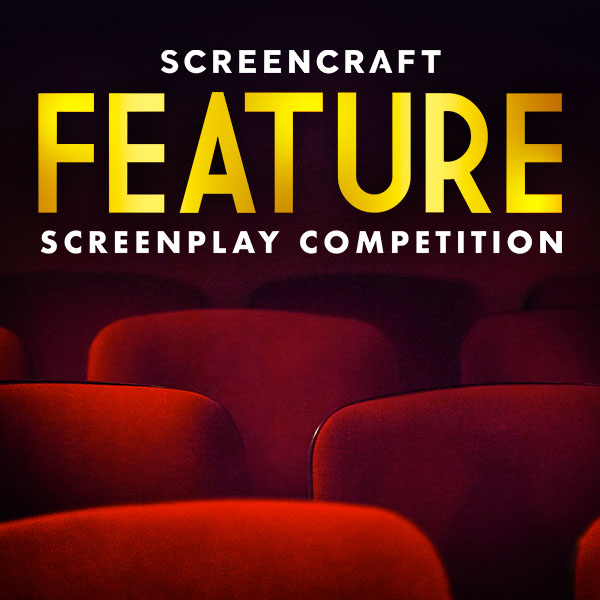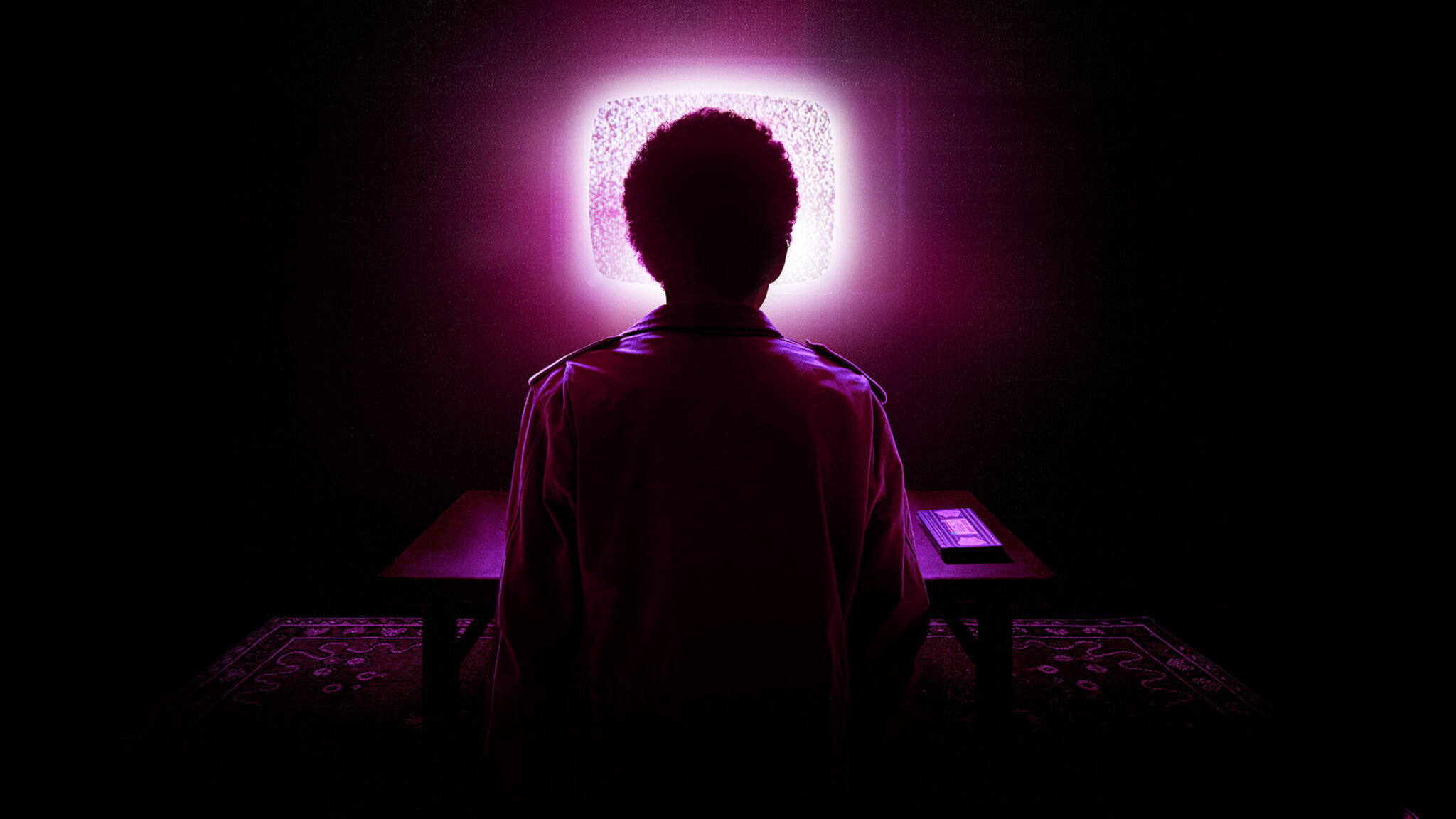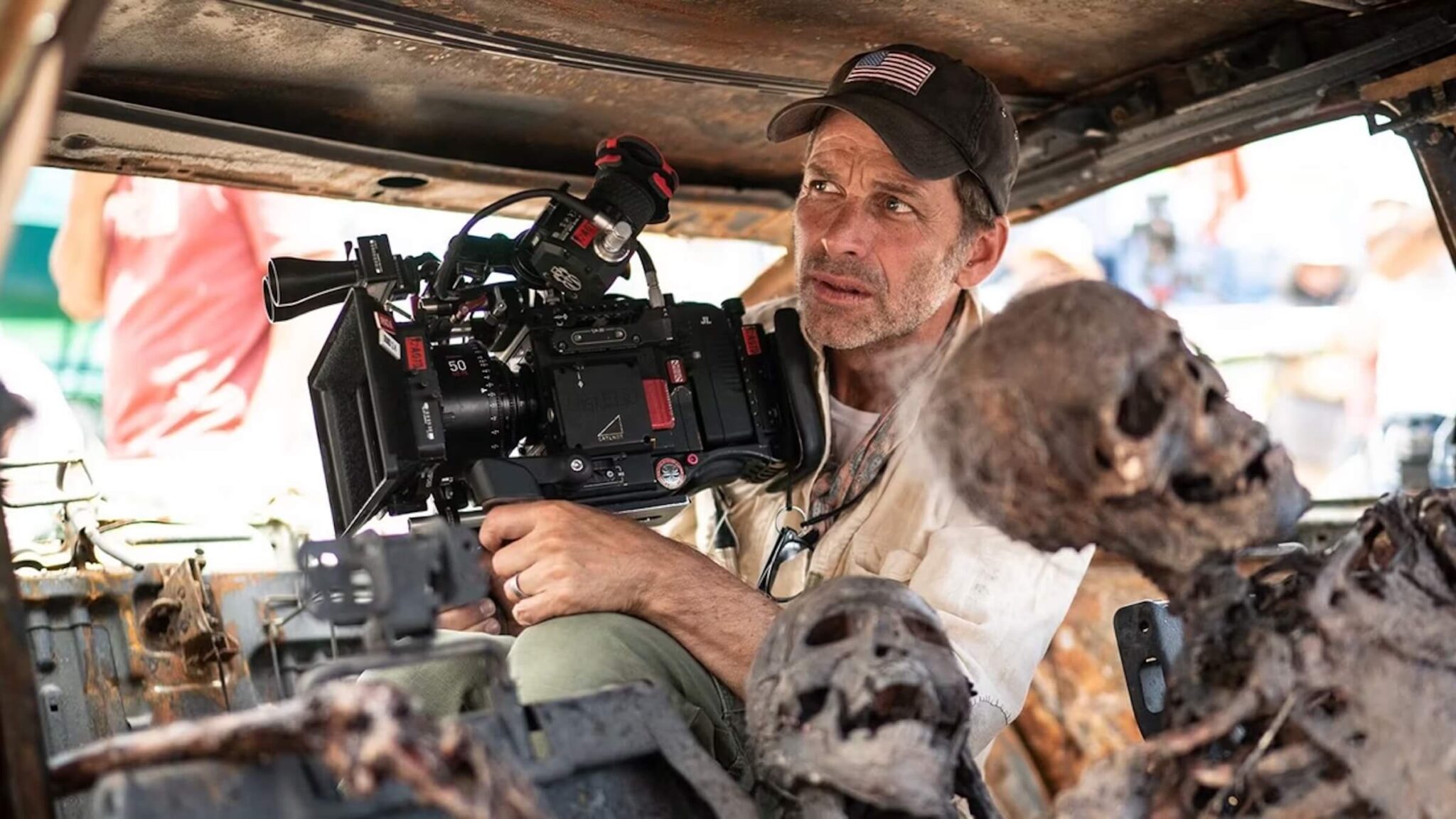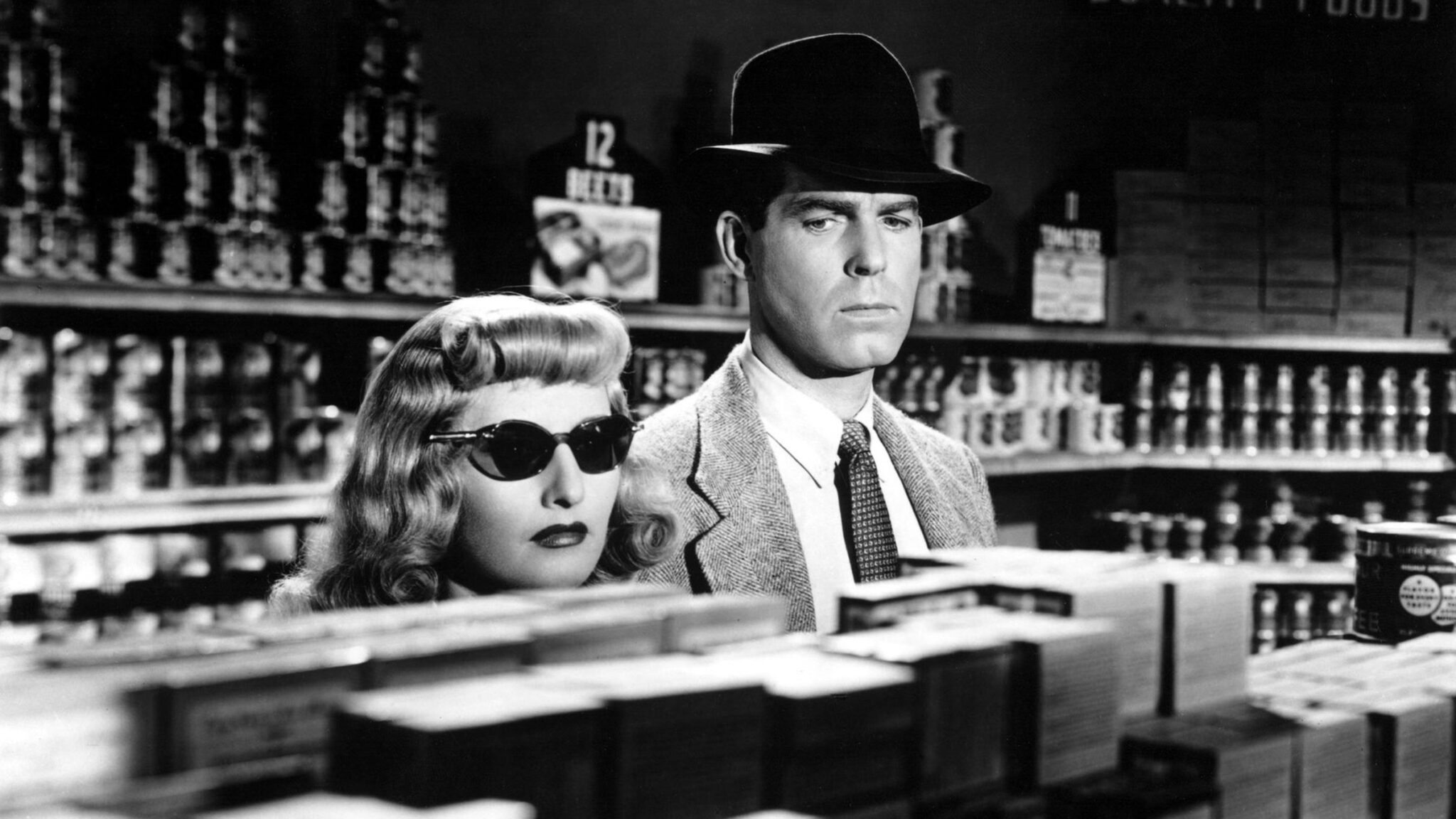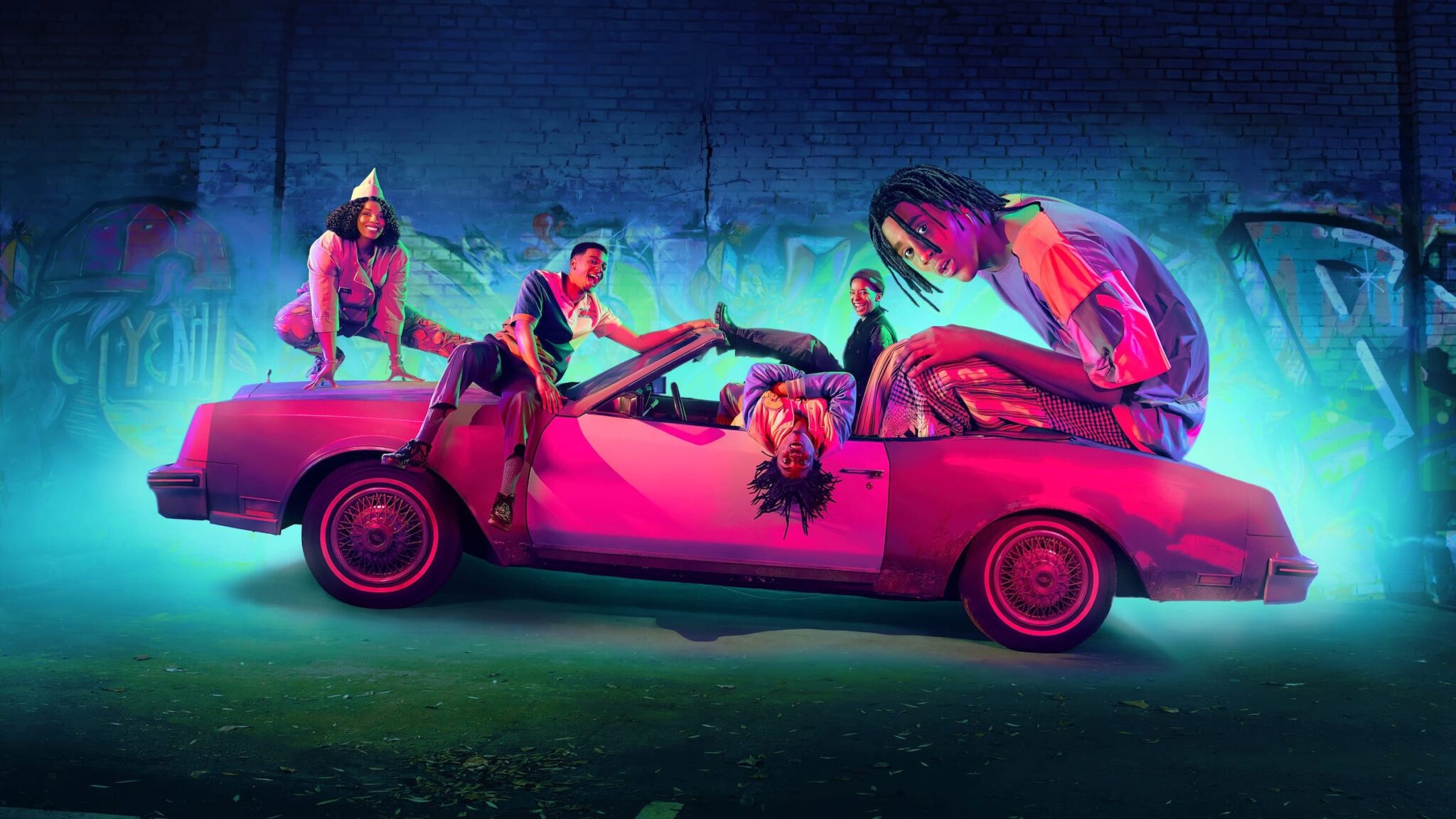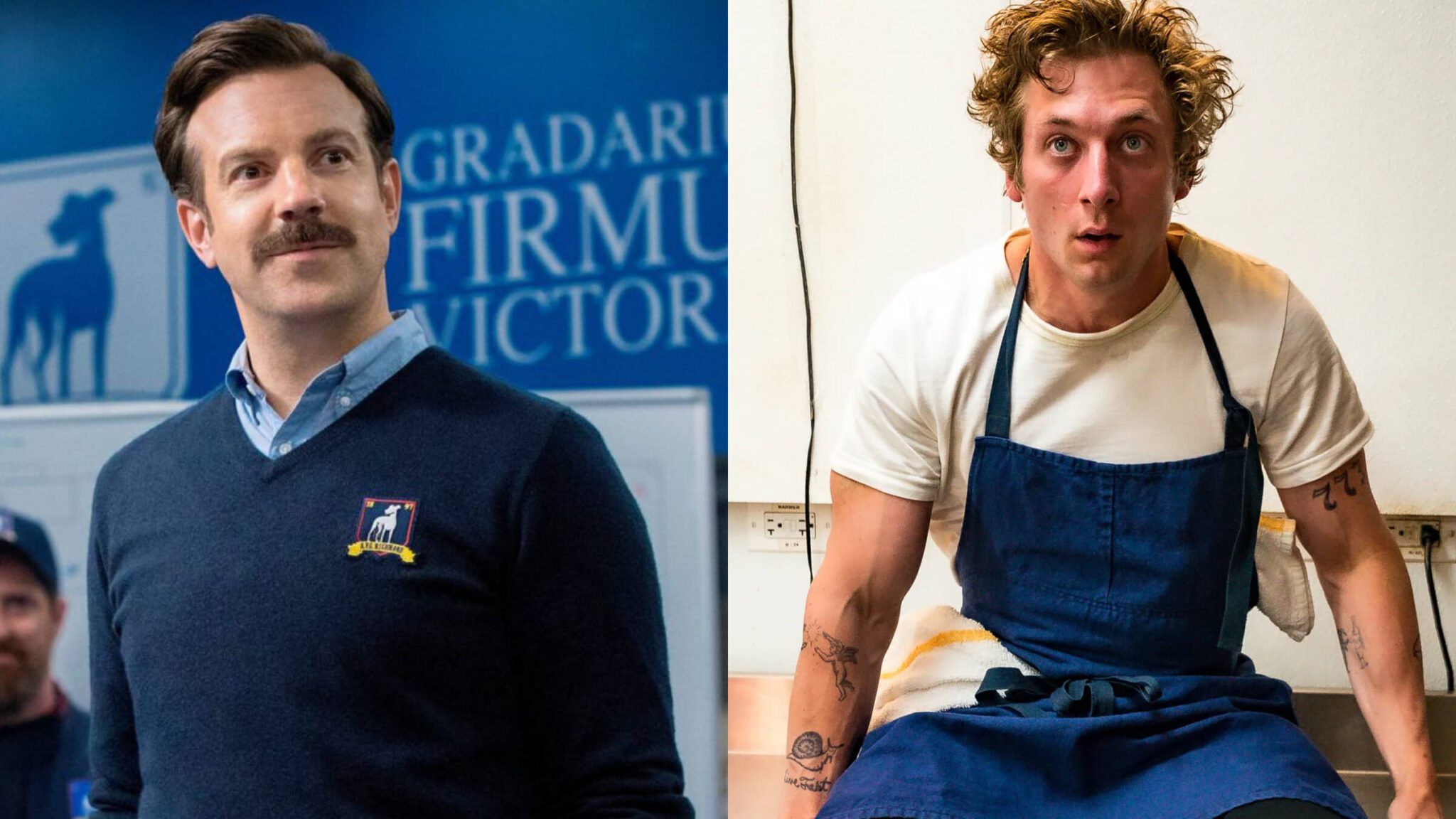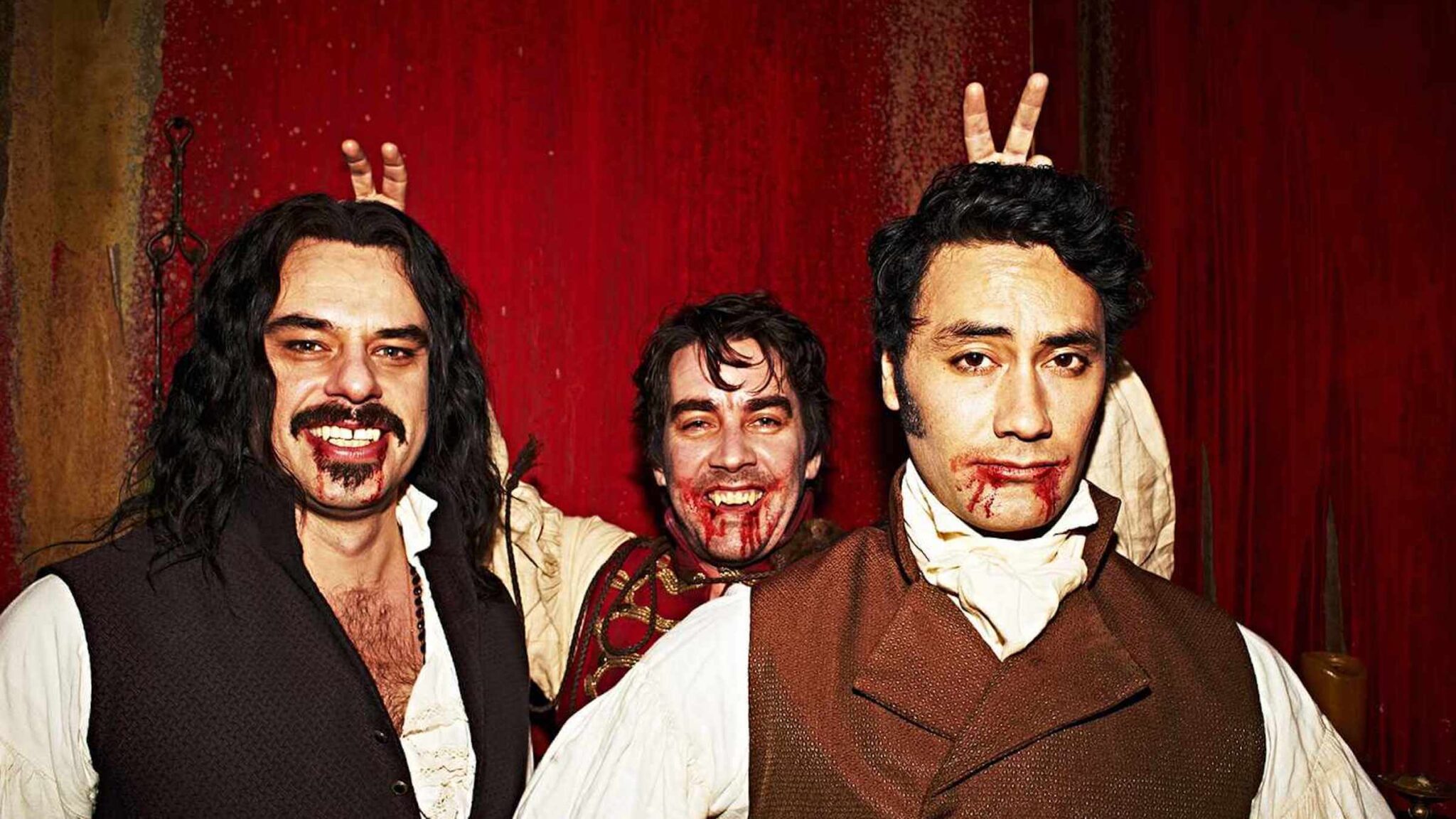10 Pieces of Screenwriting Wisdom from Taika Waititi
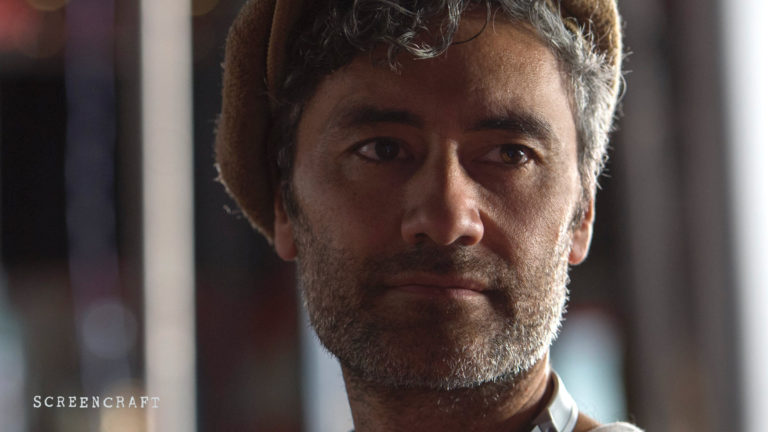
Taika Waititi is one of the newest and most in-demand screenwriting voices in the film and TV industry today. Coming off of his Oscar win for Jojo Rabbit in 2020, Waititi co-created the critically acclaimed teen dramedy series Reservation Dogs, wrote and directed the latest Marvel flick, Thor: Love and Thunder, as well as an upcoming Star Wars film, cementing him as a major figure in the Marvel Cinematic Universe and Star Wars franchises.
But, like most filmmakers, his beginnings weren't all multi-million dollar superhero tentpoles and lightsaber duels. During his college years, Taika stretched his comedic legs through comedy ensembles. Through the comedy duo act The Humourbeasts, alongside Jemaine Clement, the two received New Zealand's highest comedy accolade, the Billy T Award, in 1999.
Waititi then began making comical short films for New Zealand's annual 48-hour film contest. His 2005 short film Two Cars, One Night earned him an Academy Award nomination. (He famously pretended that he had fallen asleep at the awards ceremony that year as the nominations were being read.)
Waititi can teach us so much about the craft, so here we feature some of his greatest quotes on directing, writing, and cinematic storytelling as a whole.
Don't Take the Easy Way
"The easy way ultimately becomes the hard way because you end up paying a price. You basically just make mediocre work... when you kind of force yourself to walk into the fire a bit, and you're on your toes, and you're just trying to survive constantly, then you come up with great new ideas. And you come up with more inventive solutions to the problems."
The problem with screenwriting books and gurus that push a "secret" formula to success by way of beat sheets and hitting story points, plot points, and character arc points by certain pages is that it gets you into the habit of taking the easy way.
Those books and formulas can give you some direction and options, but when you make the mistake so many make of using them as a paint-by-the-numbers solution, you end up writing mediocre work. And industry insiders can spot overly formulaic scripts a mile away.
And the "easy way" goes beyond formulas and beat sheets. When you find something that you're good at — be it a genre or subject matter — you can get lost in complacency as the years of your screenwriting journey go by. It's great to have a strength. But it's even better to try new things and test your comfort levels. You'll often find even more strengths you never knew you had.
Put the First Draft Away for Awhile
"I will write a draft, and then I'll put it away for a year or so. Even two years or three years. And then I'll come back to it, and read it, and I'll go, 'Who wrote this shit?'"
Even the professionals who won Oscars and had big hits realize that their first drafts are their worst drafts.
Yes, you should celebrate when you've finished that first draft. It's a huge accomplishment. But it's only the beginning. And screenwriters tend to hold their scripts a bit too high.
Humble yourself by putting the first draft away for at least a month. When you come back to it and read it cover-to-cover, you'll quickly see that there's a lot of work to do. And if you don't see that, you're blinded by your own delusions of grandeur. The best screenwriters can spot their own missteps and mistakes. It is a necessary ability that you need to become a successful screenwriter.
Why So Serious?
"The world needs stupid shit... we need the ridiculous... who wants to go see a film that reminds us about how terrible the world is. We need an escape."
Taika is adimant about this point. Screenwriters need to embrace the concept of our world needing an escape from the harsh reality that it often is. We accomplish that as screenwriters by understanding why audiences love cinema in the first place — the escape.
Yes, there is a time and place for films that handle tough issues. But you can accomplish that goal by disguising those themes within entertainment and escapism. Look no further than Taika's film JoJo Rabbit.
That's not to say that everything you write needs to be about laughs and absurdity. Just remember that audiences want escapism. And because audiences want that, so do the studios, production companies, and producers.
- Comedy
- Action
- Thrills
- Suspense
- Drama with Levity
Plenty of options for you to embrace the concept of creating entertaining stories.
Embrace Your Failures
"Failure is a brilliant thing. It teaches you a lot of stuff. And you end up coming up with better ideas when you fail at things."
Failure is the best education you will ever receive as a screenwriter. Embrace it. Learn from it. Let it make you not just a better writer — but one of the best.
Don't Just Read the Brilliant Scripts and Watch the Classics
"Learn to embrace bad experiences. Bad creative experiences. Watch bad movies. Read bad books. All of that stuff sometimes teaches you what not to do."
Most of the classics and the hugely successful screenplays, movies, and TV shows are lightning in a bottle that can't be directly replicated with ease.
It's almost futile to learn anything from them beyond bits and pieces that you can cherry-pick and apply in different ways. But you sure can learn a lot from watching bad movies, reading bad scripts, and reading bad books.
You learn what not to do. And that is a far more valuable lesson compared to trying to replicate what can't be replicated.
Do the Front-End Work First Before You Type a Single Word
"How I write is, I'll start with the beginning and the end. Visually... like, 'This would be a cool way to end the movie, and this would be a cool last image for them to see. This would be a cool first image, and this would be a cool way to open a film.' And then I'll start putting some scenes throughout... and eventually when I've got enough scenes and sequences in, then lazily, just glue them all together with some sort of connecting scenes... then when I know what it is, I can write really fast."
Each writer will develop their own process. But there's something to learn from this approach. Film is a visual medium. You, the screenwriter, are tasked with communicating visuals that tell a cinematic story. How can you possibly accomplish that by staring at a blank screen and waiting for those visuals to come in the moment?
Do your front-end work. Visualize where you're going to start, where you're going to end, and then conjure some great scenes and sequences that can go in the middle. The actual writing will be piecing those visuals together and connecting them in creative and intriguing ways.
Don't Try to Emulate Someone Else's Screenwriting Journey — Do You
"The great artists didn't try to copy and replicate someone else's career. That's incentive to stick to your own guns and follow your own vision and do your own thing."
There was no Quentin Tarantino before Quentin Tarantino. There was no Diablo Cody before Diablo Cody. And there certainly was no Taika Waititi before Taika Waititi.
You can take inspiration from those that came before you. You can find influence through your favorites. But never try to emulate someone else's screenwriting journey — or their direct style. Be the first you — not the latest wannabe.
Even the Pros Suffer from Self-Doubt
"Writing, for me, is a very lonely part of the process… I usually do veer between crushing self-doubt and an overwhelming sense of triumph."
Taika Waititi is one of the most critically acclaimed and successful screenwriters and directors working today — and he still feels just as vulnerable as any newbie screenwriter.
That self-doubt never goes away, so don’t let it offer stop you from soldiering on.
Always Search for the Better Answer
"I do think there’s always a better way if you’re open to it."
Don’t always just settle for the first thing you write within a scene, sequence, moment, or script as a whole. Always believe that there’s a better way. Question yourself and your choices.
Challenge Yourself
"I like to find things that seem dangerous to me… things that feel that I’d be nervous for most of the time that I’m making it."
There’s something magical about using fear to drive you through something difficult. It heightens your senses. And in writing or directing, you can use those heightened senses to write and direct better cinematic stories.
Ken Miyamoto has worked in the film industry for nearly two decades, most notably as a studio liaison for Sony Studios and then as a script reader and story analyst for Sony Pictures.
He has many studio meetings under his belt as a produced screenwriter, meeting with the likes of Sony, Dreamworks, Universal, Disney, Warner Brothers, as well as many production and management companies. He has had a previous development deal with Lionsgate, as well as multiple writing assignments, including the produced miniseries Blackout, starring Anne Heche, Sean Patrick Flanery, Billy Zane, James Brolin, Haylie Duff, Brian Bloom, Eric La Salle, and Bruce Boxleitner, and the feature thriller Hunter’s Creed starring Duane “Dog the Bounty Hunter” Chapman, Wesley Truman Daniel, Mickey O’Sullivan, John Victor Allen, and James Errico. Follow Ken on Twitter @KenMovies
For all the latest ScreenCraft news and updates, follow us on Twitter, Facebook, and Instagram.
Tags
Get Our Screenwriting Newsletter!
Get weekly writing inspiration delivered to your inbox - including industry news, popular articles, and more!



